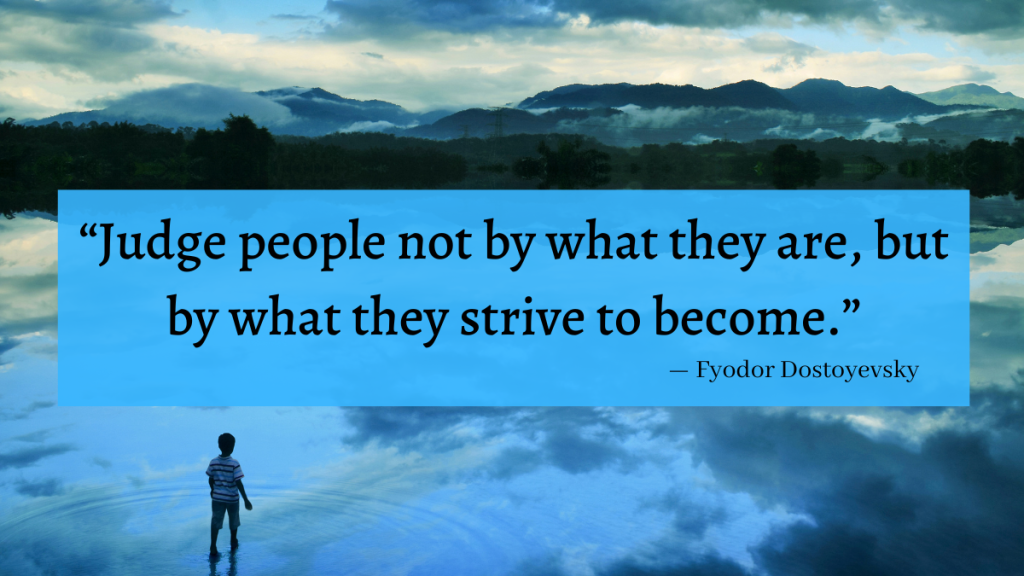I wish it weren’t true, but I’m extremely familiar with self-stigma. I’ve written about it before; in fact, I tried to break it down in a blog post last year. But as much as I’ve learned about how self-stigma exists in the world, I’m a whole different story. I have so much more to learn about how self-stigma exists within myself. How it moves, what it looks like for me and how to spot it when it happens.
Self-stigmatization about my own mental wellness disguises itself well. If it goes unchecked, this chain of events leads to negative thoughts and anxious spirals. It’s a lesson I’ve had to learn more than once, but it’s a valuable one. The camouflage of self-stigma has always been, and will likely always be, a challenge for me.
One misconception I’ve had to learn about self-stigma is the judgement that it entails. When I first thought about self-stigma (what it was, what it means), I compared it to negative thoughts, self-hate or self-loathing. I thought it was another version of not liking yourself, another catchy mental health term that just means we think we’re awful.
But actually, it goes much deeper than that. To borrow from my post last year about self-stigma, the American Psychological Association defines it as:
“Self-stigma refers to the negative attitudes, including internalized shame, that people with mental illness have about their own condition.”
American Psychological Association
Stigma is a mark of disgrace, of shame. A social stigma (straight from the Wikipedia itself) is “the disapproval of, or discrimination against, an individual or group based on perceived characteristics that serve to distinguish them from other members of a society.” If we’re exercising a stigma about our own mental health condition, in some way, we disapprove of it. And even though it’s a tiny aspect of stigma, that can be a lot to unpack for a person.
I’d like to think that I grow more comfortable with my mental health challenges every day, but that’s not true. I’ve definitely grown more comfortable over a long period of time, but every day isn’t a step forward. And when I make a misstep or feel like I’ve failed, I don’t always recognize it for what it is. A harsh word or mean self-critique comes in quickly and before I know it, I think I’m too good for my depression.
I’m quicker than anyone to judge what I perceive as “failures” when it comes to handling depression. I shouldn’t be doing that anymore, I think to myself. I’m past this; I’m better than this. I take a linear approach to a non-linear problem and not only do I not find a solution, but I dig myself in even deeper. It’s a misunderstanding of my own mental illness, and a misunderstanding of mental health challenges in general.
One of the core aspects of self-stigma, at least for me, is rooted in shame. Shame about my mental illness, shame about the challenges it creates. But also, shame because there’s still a small part of me that thinks I should be better than this. That I’ve learned enough about mental health that “these things” shouldn’t be happening. But that’s not true; it never was. Self-stigma hides itself, it shapes itself and it molds itself to look like something else. Acknowledging this shame doesn’t mean it’ll go away. But hopefully, means I’m better suited to handle it when it inevitably rears its ugly head once again.












